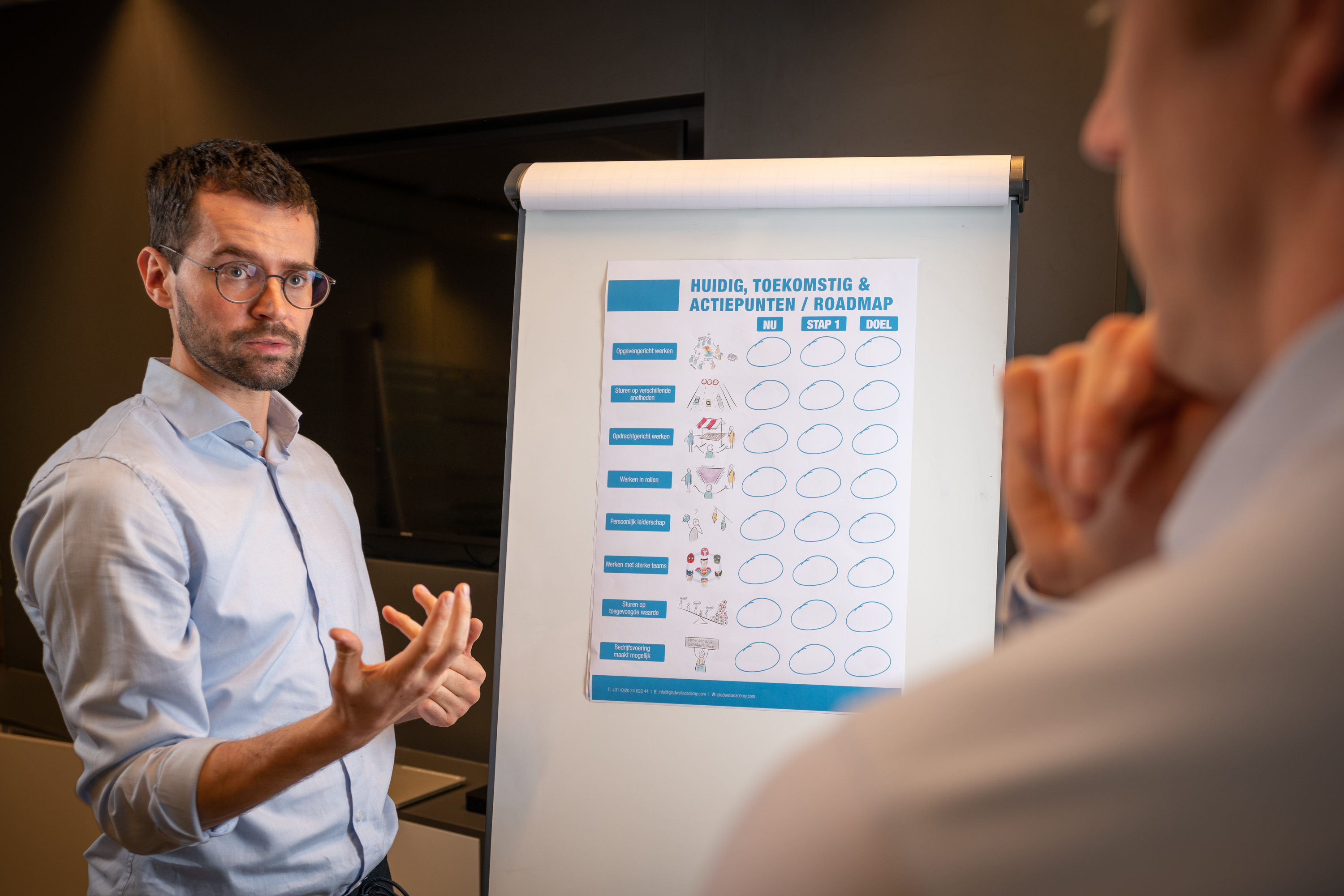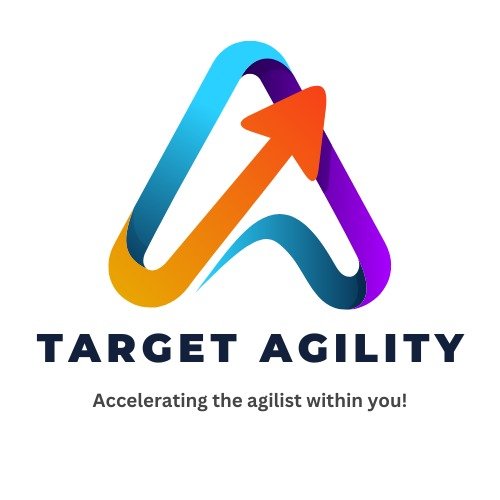Introduction:
The realm of software development and project management is marked by rapid changes and constant evolution. In this landscape, Agile coaching have emerged as a game-changer, offering adaptive planning, evolutionary development, early delivery, and continuous improvement. Agile empowers teams to respond swiftly to customer needs and deliver top-quality products. However, Agile adoption requires more than a one-size-fits-all approach. It demands a transformative shift in mindset, culture, and work processes. This is where Agile coaching comes in – a vital role that guides organizations and teams on their Agile journey, fostering collaboration and nurturing high-performing teams.
What is Agile Coaching?
Agile coaching is a collaborative and iterative approach that facilitates the implementation of Agile principles and practices within an organization or team. An Agile coach acts as a mentor, facilitator, and catalyst for change, guiding teams through their Agile transformation journey. These professionals possess in-depth knowledge of Agile methodologies, diverse domain experience, and exceptional communication skills. Agile coaching is not about enforcing rigid rules; it’s about empowering teams to discover the best Agile practices that align with their unique challenges and objectives.

The Role of an Agile Coach:
- Creating Awareness and Vision:
The Agile coach’s initial step is to raise awareness about the Agile mindset and its benefits. Working closely with stakeholders, they define a clear vision for Agile adoption and identify desired outcomes. This shared understanding lays the foundation for a successful Agile transformation. - Training and Skill Development:
Agile coaches conduct workshops, training sessions, and mentoring programs to equip team members with the necessary Agile skills and knowledge. They introduce various methodologies and practices, such as Scrum, Kanban, Lean, and DevOps, tailoring the approach to suit the team’s specific needs. - Team Empowerment:
Agile coaches encourage self-organization and empower teams to make collective decisions. By providing continuous feedback, they guide teams towards continuous improvement, fostering a culture of learning and experimentation. - Removing Roadblocks:
Identifying and eliminating impediments that hinder team progress is an essential role of an Agile coach. They work with leadership to address organizational bottlenecks, creating an environment where teams can thrive and excel. - Facilitating Collaboration:
Agile coaching emphasizes collaboration and cross-functional communication. Coaches facilitate effective communication and collaboration between different teams and stakeholders, promoting transparency and collective responsibility. - Scaling Agile:
Scaling Agile poses unique challenges for larger organizations. Agile coaches play a critical role in guiding the adoption of scaling frameworks like SAFe, LeSS, or Nexus, ensuring a cohesive and synchronized approach throughout the organization.
Benefits of Agile Coaching:
- Enhanced Productivity:
Agile coaching helps teams identify inefficiencies, optimize processes, and focus on delivering customer value. The result is increased productivity and faster time-to-market, providing a competitive advantage. - Improved Quality:
Agile coaches promote Agile practices such as continuous integration and test-driven development, enabling teams to maintain a relentless focus on quality. This reduces defects and enhances customer satisfaction. - Adaptability and Flexibility:
Agile teams excel at adapting to changing market demands and customer feedback. Agile coaching instills the mindset of embracing change as a natural part of the development process, fostering adaptability and flexibility. - Empowered Teams:
Agile coaching encourages autonomy, ownership, and responsibility within teams, fostering higher engagement and job satisfaction among team members. This empowerment leads to a positive work environment and increased productivity.
Conclusion:
Agile methodologies have proven to be transformative in the world of software development. However, successful Agile adoption requires more than just following prescribed practices. It necessitates a cultural and mindset shift. Agile coaching plays a pivotal role in guiding organizations and teams through this transformational journey. By creating awareness, empowering teams, removing roadblocks, and fostering collaboration, Agile coaches enable the creation of high-performing teams that consistently deliver value. With their expertise and guidance, organizations can unlock the full potential of Agile and achieve sustainable success in today’s dynamic and competitive landscape.









